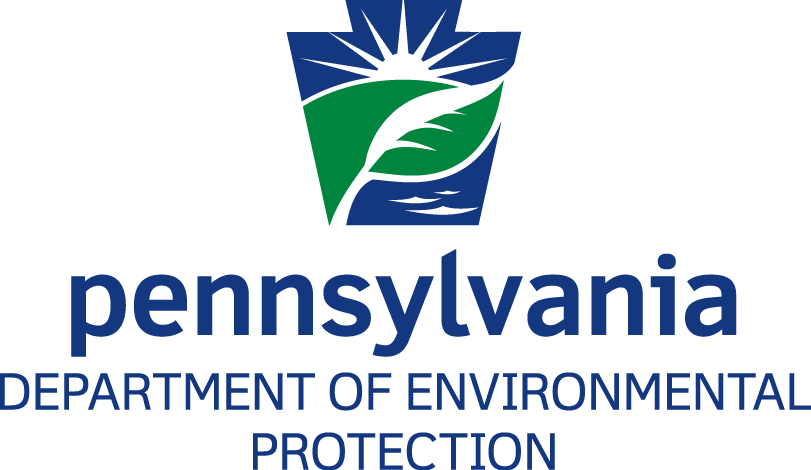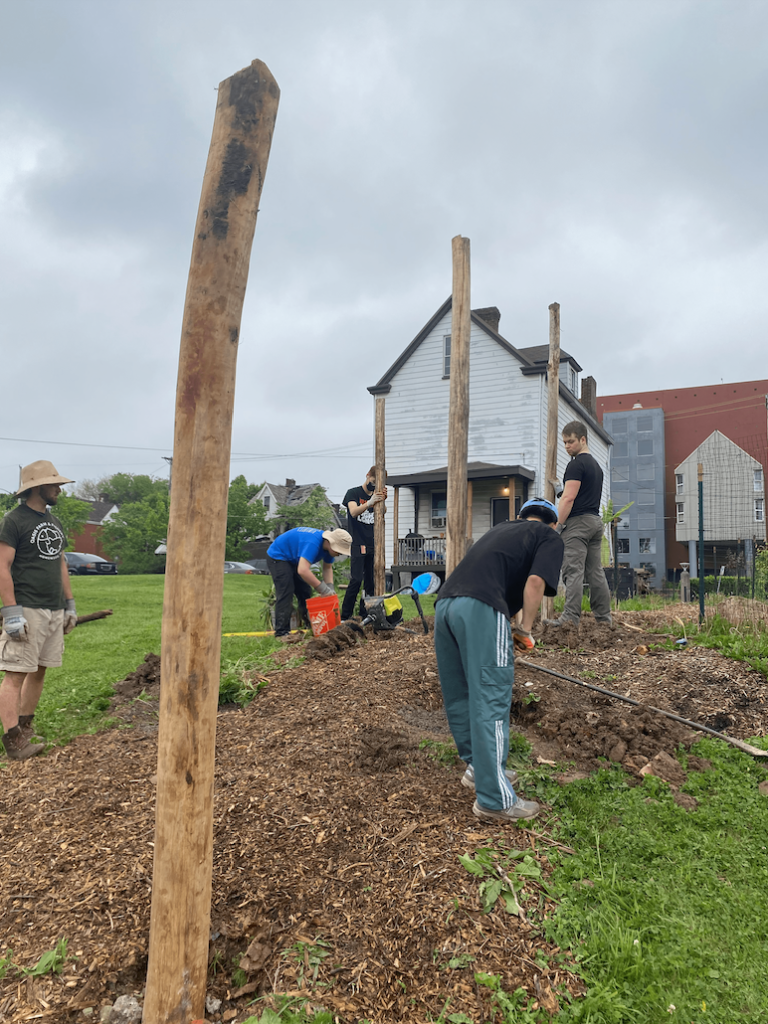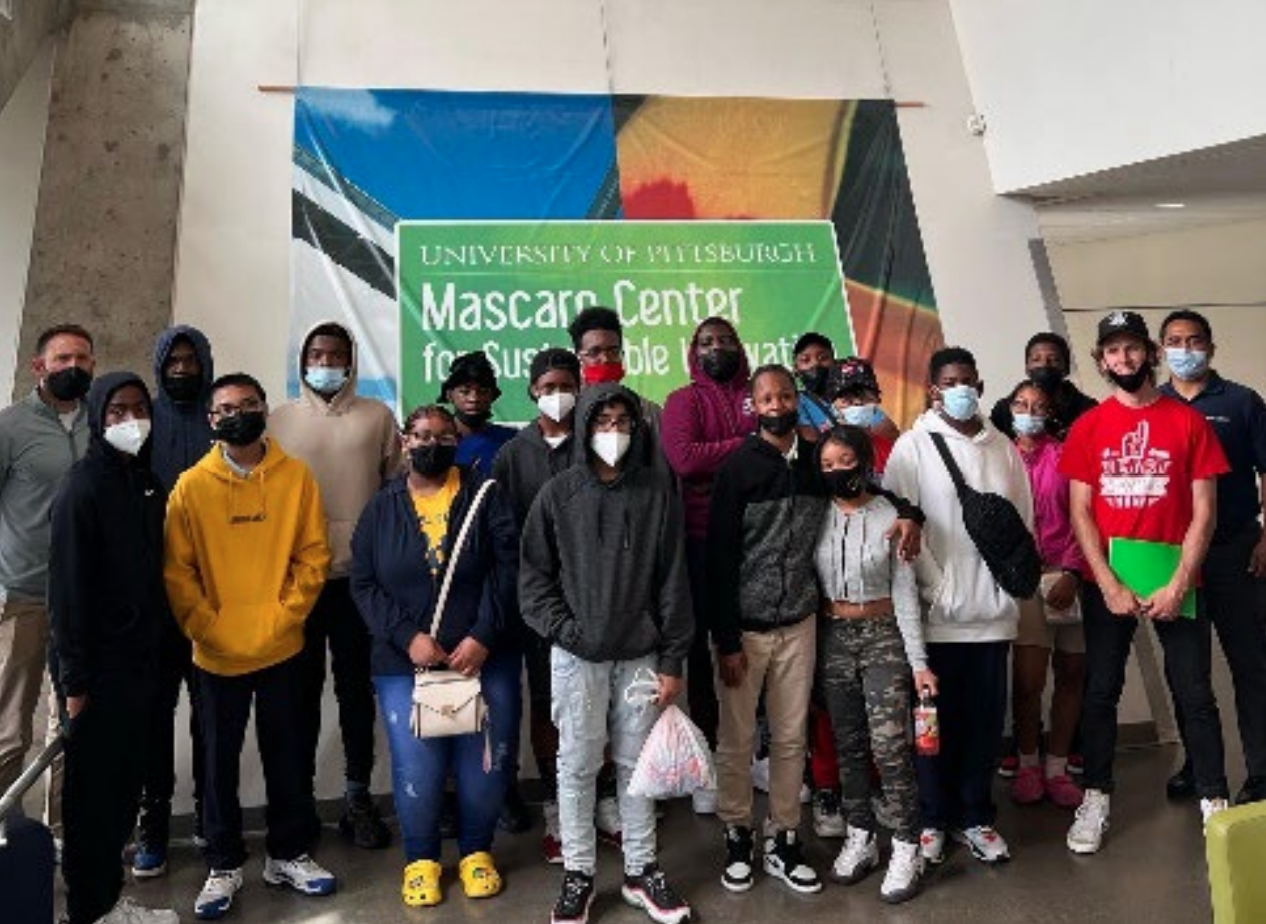MCSI is concerned with how our supported research impacts society, a focus on the Broader Impact than just collecting data in communities.
Utilizing the framework published by Advancing Research in Society (ARIS) better guides research to align with National Science Foundation (NSF) standards.
If you are looking for opportunities to engage with local communities to strengthen the broader impacts of your research proposals please reach out to Esmée de Cortie (emd198@pitt.edu). Connect with us to see how we may be able to collaborate!
What Are Broader Impacts?
The National Science Foundation describes Broader Impacts as the potential benefits a research study or project may have on a larger audience or society.
There are many areas that could be considered to have a broader impact, including raising awareness or inclusion in STEM research and working to build partnerships between the University and other stakeholders.
Use the ARIS Broader Impacts Toolkit as a guide while you work through your project.
View this Broader Impacts Review Document for National Science Foundation Proposals PDF to get a better sense of the guiding principles behind NSF Broader Impacts.
MCSI Research Strengths
In an effort to deepen connections to research across campus, MCSI operates within four broad categories of research including:
- Regenerative Solutions Respecting Planetary Boundaries
- Reclaiming Environmental Discourse & Media
- Thriving Futures in the Face of Climate Change
- Resilient Ecological Systems.
Learn more at Research Focus Areas.
Recent Examples of Broader Impacts
Learn about the ways in which MCSI has aligned its education and outreach initiatives with NSF Broader Impacts outcomes by exploring the drop-down tabs below.
- Museum Partners
-
Carnegie Museum of Natural History
In the summer of 2025, the Carnegie Museum of Natural History and MCSI will co-sponsor an undergraduate student at Powdermill Nature Reserve. The project focuses on how the forest community at Powdermill has changed over the last 17 years from factors such as climate change and the introduction of invasive species.
Participants will revisit more than 500 original survey plots during the summer of 2025 and collect data on the species and size of trees and shrubs currently living here, giving us valuable insights into how this Appalachian habitat is adapting to significant changes. - Capstone Partners
-
Congress of Neighboring Communities (CONNECT)
 CONNECT has been developing and advancing municipal climate action plans in the greater Pittsburgh region.
CONNECT has been developing and advancing municipal climate action plans in the greater Pittsburgh region.
A 2023 Sustainability Capstone group worked with Millvale, Ross, and Shaler municipalities to create informational guides summarizing the benefits and co-benefits of green infrastructure. This combination of shared knowledge helps to reimagine the regions’ stormwater sections of their climate action plans.This project focuses on several NSF Broader Impact categories including public engagement, partnerships, infrastructure, and societal wellbeing, among others.
Sustainable Development in Appalachia
 Through the Appalachian Collegiate Research Initiative, Dr. David Sanchez supervised students engaging in revitalization efforts in Fayette County. These efforts included visits to Connellsville, Uniontown, and Brownsville, where students connected with residents and local businesses to better understand the region's assets and economic pressures.
Through the Appalachian Collegiate Research Initiative, Dr. David Sanchez supervised students engaging in revitalization efforts in Fayette County. These efforts included visits to Connellsville, Uniontown, and Brownsville, where students connected with residents and local businesses to better understand the region's assets and economic pressures.
In tangent with this work, students from other Sustainability Capstone projects are now working with the Bureau of Abandoned Mine Reclamation to address the impact that acid mine drainage has had on the region's watershed health.This ongoing work is connected to the NSF Broader Impacts because it directly engages community stakeholders by connecting them to student researchers who help to increase awareness and education around the issues faced by the region. It is primarily focused on the categories of infrastructure, public engagement, and economic competitiveness.
- Non-Profit Partners
-
Oasis Farm & Fishery
 Oasis Farm & Fishery has served as a Sustainability Capstone partner for studies related to urban food systems and hydroponics.
Oasis Farm & Fishery has served as a Sustainability Capstone partner for studies related to urban food systems and hydroponics.
Most recently, students have connected with farm staff to help complete harvesting, maintenance, and planting on site. MCSI hopes to expand this partnership to engage a student Capstone group soon to address functional issues with a primary growing farm space.
Additionally, MCSI is working to co-create sustainability education modules to expand existing youth programming within Oasis’ after-school programs.
In addition to the efforts from Capstone students and student volunteers, the University’s student-run Hydroponics Club has built various iterations of hydroponics systems at a secondary farm location with the goal of improving growing conditions and gaining insight on best practices for the space, hoping to eventually contribute to the production of farm goods.Our partnership with Oasis has led to many NSF Broader Impact outcomes, most prominently in STEM education, inclusion, and public engagement.
- K-12 Partners
-
Allegheny Traditional Academy (ATA) and The Efficiency Network (TEN) of Duquesne Light Co.
 After ATA, a local middle school, underwent multiple energy-saving building retrofits, MCSI formed a multi-partnership with a science teacher from the school and TEN from Duquesne Light Company.
After ATA, a local middle school, underwent multiple energy-saving building retrofits, MCSI formed a multi-partnership with a science teacher from the school and TEN from Duquesne Light Company.
Through this partnership, MCSI staff taught energy modules in the science classroom related to energy and waves so that students could better understand the significance of the changes made to their school and how they related to higher energy efficiency and cost savings.
Through 3-4 module series over the last two years, many seventh- and eighth-grade students were engaged in hands on lessons and later visited the University to learn about sustainable infrastructure on campus.Through this partnership, NSF Broader Impacts categories such as inclusion, STEM education, and workforce development were primary focuses, as students were exposed to various engineering disciplines and real-world examples of jobs in energy and construction.
The Pitt-Johnstown STEM Endorsement for Current K-12 Teachers
This project seeks to increase and enhance students' and teachers' awareness of and engagement in
 sustainability and STEM by developing a post-baccalaureate program for teachers which addresses the need for equitable, meaningful STEM learning experiences that relate to real-world sustainability issues while also emphasizing the importance of scientific literacy and communication.
sustainability and STEM by developing a post-baccalaureate program for teachers which addresses the need for equitable, meaningful STEM learning experiences that relate to real-world sustainability issues while also emphasizing the importance of scientific literacy and communication.
Learn more at External Partners.
